The online lecture by Prof. Anne C. Nagel was the second in the MGH series „Lectures on the history of medieval research“. The richly informative presentation was well attended by a numerous virtual audience.
The „Reichsinstitut für ältere deutsche Geschichtskunde“ (Reich Institute for Elder German historical studies), as the MGH was known between 1935 and 1945, is a dark chapter in the history of the MGH. For some, the period signifies nothing less than the fall from grace of medieval studies in the Third Reich, while others discard it merely as a regrettable episode in the 200 years of MGH history with no greater importance. As usual, the truth probably lies somewhere in the middle. The lecture took a different approach, viewing the „Reichsinstitut“ as a way out of the enduring crisis afflicting the MGH. The restructuring of the MGH as a national institute followed the spirit of the times with its tendencies to centralisation and standardisation. For MGH president Paul F. Kehr, it was the fulfilment of a long cherished plan under the specific conditions of Nazi rule.
The lecture began with a look at the situation of historical research in Wilhelmine Germany when Kehr was launching his career that in a few short years was to make him one of the most influential academic representatives in the land. Besides being stupendously productive, he was one of a number of scholars who reflected on the existential conditions of scientific pursuit. To him and his contemporaries, the future seemed to lie in large scale research projects that were state financed and closely affiliated with national interests with the aim of securing the global prestige of German science. The First World War and Germany’s ultimate defeat forestalled all such plans – for the time being.
Under the Weimar Republic, Kehr, now president of the MGH, repeatedly sought to shore up support for the Monumenta – in vain: they remained underfinanced and lost acceptance in scholarly circles. Hitler’s rise to power in 1933 seemed to offer him new chances. In the wave of reforms, the Prussian Kultusministerium previously responsible for education and science was replaced by the National-Socialist Reichswissenschaftsministerium under the direction of Bernhard Rust. The foundation of the „Reichsinstitut“, skilfully suggested and implemented by Kehr and his helpers under the aegis of the new regime, is to be seen in this context. Did the transformation affect the character of the MGH? This is the question in focus in the third part of the lecture, which particularly examines the persons and leadership styles of the three subsequent presidents, Wilhelm Engel (commissary president 1936-1937), Edmund E. Stengel (1937-1942) and Theodor Mayer (1942-1945).
The lecturer, Prof. Dr Anne Nagel, wrote her post-doctoral thesis in 2005 under Peter Moraw, published under the title: "Im Schatten des Dritten Reichs. Mittelalterforschung in der Bundesrepublik Deutschland 1945 bis 1970" (In the shadow of the Third Reich. Medieval research in the Federal Republic of Germany 1945 to 1970). She is currently editing scholarly correspondence for the MGH on a digital platform as part of the collaborative project „Korrespondierende Wissenschaft“ (Corresponding Research) funded by the Bavarian State Ministry for Science and the Arts.


